Chickens are gaining popularity as pets, and for good reason. Who wouldn’t love an adorable hen, full of personality that also delivers regular eggs! Some chickens, such as ISA Browns, can lay almost an egg a day. While this may be great for your breakfast, it can often lead to problems, with many chickens developing reproductive disease.
This article looks at the common types of reproductive disease in chickens, as well as the signs to look out for, and some of the available treatment options.
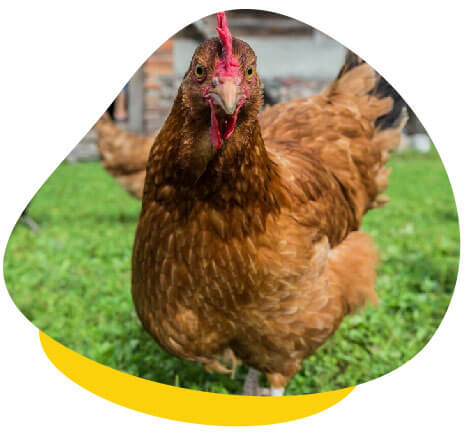
How Often Should I Take My Chicken to the Vet?
Like all pets, chickens need regular veterinary check-ups as they are very good at hiding any illness. In general, a check-up with an avian vet every 6-12 months is recommended.
During this visit, your vet should thoroughly examine your chicken and provide advice on diet, husbandry and parasite prevention if needed, as well as address any concerns that you have. Most vets don’t regularly see chickens, so it is important to find a vet who does.
What Are Some of the Signs That My Chicken May Have Reproductive Disease?
The signs of reproductive disease can vary from chicken to chicken; however, in general, the following are common:
- Weight loss or loss of body condition. Some chickens can produce a lot of fluid inside their body with reproductive disease. In some cases, their overall weight doesn’t always change, but they often lose a lot of muscle and condition from their body.
- Laying abnormal eggs. This can include eggs with no shell, eggs with an odd-looking shell or eggs with abnormal contents inside them.
- Not laying eggs
- Distention of their abdomen (belly)
- Faecal and urate staining around their back end
- Lethargy (being very tired)
- Increased breathing effort. This sometimes occurs due to the extra pressure placed on the respiratory system from the fluid that can accumulate secondary to reproductive disease.
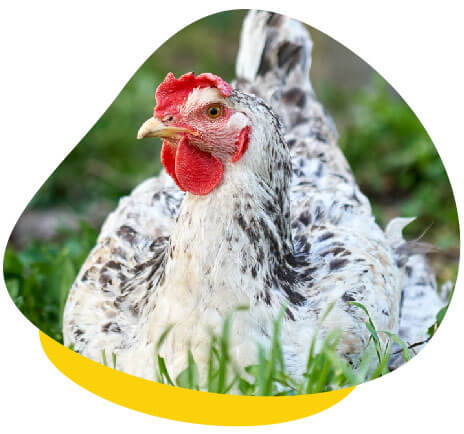
What Are the Most Common Reproductive Diseases That Chickens Suffer From?
The two most common conditions that we generally see are:
Reproductive Related Coelomitis
Sometimes known as “egg yolk peritonitis”. This can occur when an egg follicle leaves the ovary and ‘misses’ the area where it is meant to go. If this occurs an inflammatory reaction is generally triggered with a lot of fluid build-up, and in some cases, secondary infection also occurs.
Reproductive Cancer
Unfortunately, we commonly see reproductive cancer in many backyard hens.
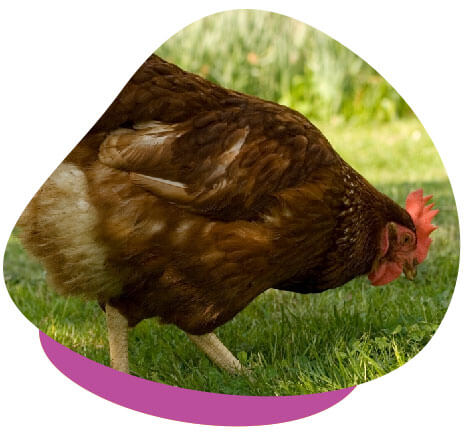
How Do You Diagnose What the Problem Might Be?
In some cases, a complete examination of your chicken during the veterinary consult may be enough to diagnose the problem. If this is not the case the following tests are commonly used:
- Imaging – either x-rays, ultrasound or more advanced imaging such as CT
- Taking a fluid sample from their abdomen for analysis
- Blood testing
Are There Any Treatment Options Available for My Chicken?
There are a number of different treatment options available, and the right treatment depends on many factors such as what problem is occurring, how unwell your chicken is and their age.
Treatment options can range from a course of antibiotics and anti-inflammatories to advanced surgical procedures and hormonal therapy.
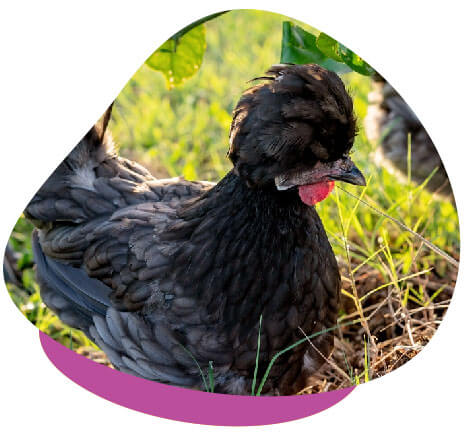
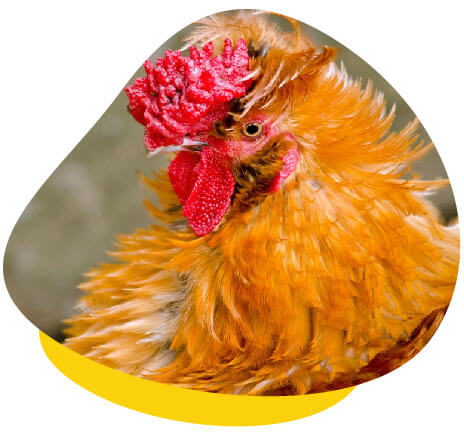
How Can I Prevent These Problems Occurring?
Any hen can be at risk of developing reproductive disease; however, in general, the more often a hen lays, the higher the risk of problems developing. Choosing a breed that doesn’t lay as often is a good option to minimise the chance of these issues occurring in your chicken.
If you already have a high-risk breed, then monitoring them closely for any abnormal eggs or signs of illness is important, as well as regular veterinary check-ups. There may also be the option to slow their egg-laying rate down with hormonal implants in some cases (if you do not eat or want their eggs).
If you would like any further information about your chicken, please don’t hesitate to get in touch with us.

